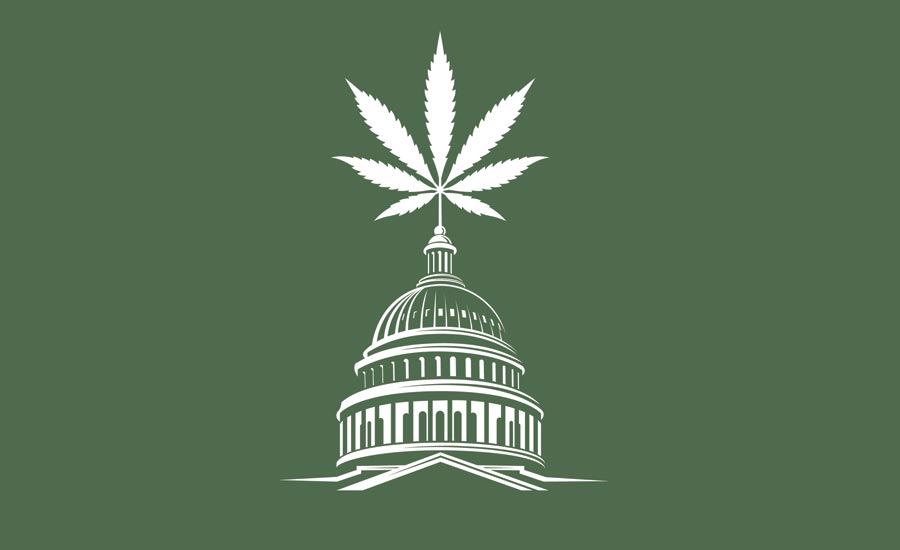DEA Introduces Proposed Rulemaking for Rescheduling Cannabis
Proposal would move cannabis from Schedule I to Schedule III.

Image Source: Courtesy of Getty Images
The U.S. Drug Enforcement Administration (DEA) has introduced its proposed rule for reclassifying cannabis to Schedule III.
The 92-page document, which the DEA posted Thursday, noted the proposal must undergo a public comment period before it’s finalized. The agency also reported that even with the rescheduling, the manufacturing, distribution and possession of cannabis would still be subject to the Controlled Substances Act.
The proposal succeeds last month’s reports that the DEA would follow a recommendation from the U.S. Department of Health and Human Services (HHS) to reschedule cannabis. Moving it to Schedule III, where it would exist among ketamine and anabolic steroids, would highlight cannabis’ accepted medical uses and a lower potential for abuse.
Cannabis is currently exists in Schedule I, alongside drugs such as heroin, LSD and ecstasy.
The HHS delivered its recommendation to reschedule cannabis last August, after President Joe Biden called on the agency to review its status in 2022. The move has lifted industry hopes, since a lighter schedule could mean a reduced tax burden.
“This is an acknowledgment by the multiple federal agencies of what the 38 states with medical programs, 30,000 medical practitioners recommending cannabis, and six million medical cannabis patients have long known: cannabis has medical value,” said Saphira Galoob, executive director of the National Cannabis Roundtable. “But our work does not end here. While we continue to commend President Biden, the DOJ, and HHS for following the science and not ignoring the need for federal cannabis policies to shift after decades of state leadership, Congress must also take action to further this progress. It starts with addressing the harms of the failed War on Drugs, supporting the work that has been done in the states, and providing regulated cannabis businesses with the same resources and opportunities to succeed as all other industries and it culminates with the end of federal prohibition.”
David Hart, CEO of The Cannabist Company, also lauded the move, citing the potential benefits for the cannabis industry.
“This is a truly momentous and historic occasion for the entire cannabis community," Hart said. "Our federal government has finally formally accepted that cannabis has medicinal value and is following the science that we in this industry have understood and poured our collective passion into while supporting this movement and building our businesses. Once finalized, this change will make state-regulated cannabis more accessible and affordable for our customers and patients. The end of the 280E tax code for cannabis businesses will allow us to operate our business more sustainably and reinvest more deeply into our teams, innovation, and product development to benefit the communities we serve."
Looking for a reprint of this article?
From high-res PDFs to custom plaques, order your copy today!






